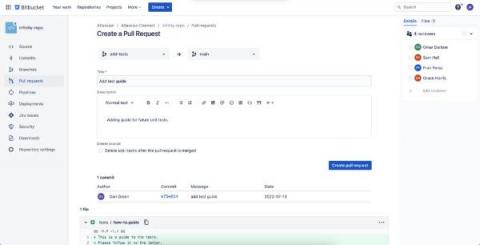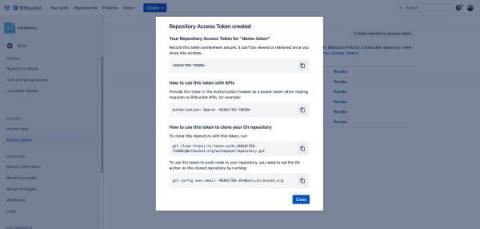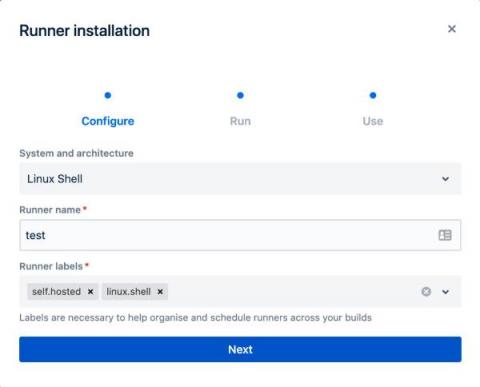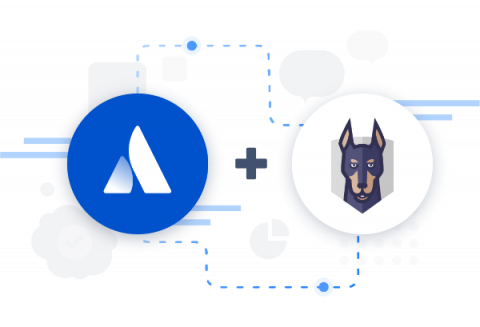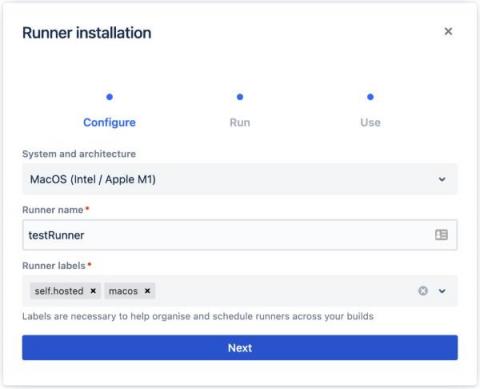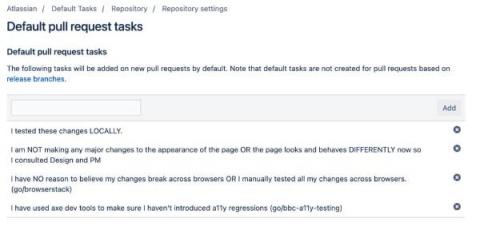Introducing Project and Workspace Access Tokens
A few months ago we introduced Repository Access Tokens which were the first of the new resource-based authentication methods we are introducing to Bitbucket Cloud. Repository Access Tokens enable a convenient, yet secure way to manage access for users to a specific repository. While repository access tokens enable you to allow you to control access at a granular level, they are not scalable.



